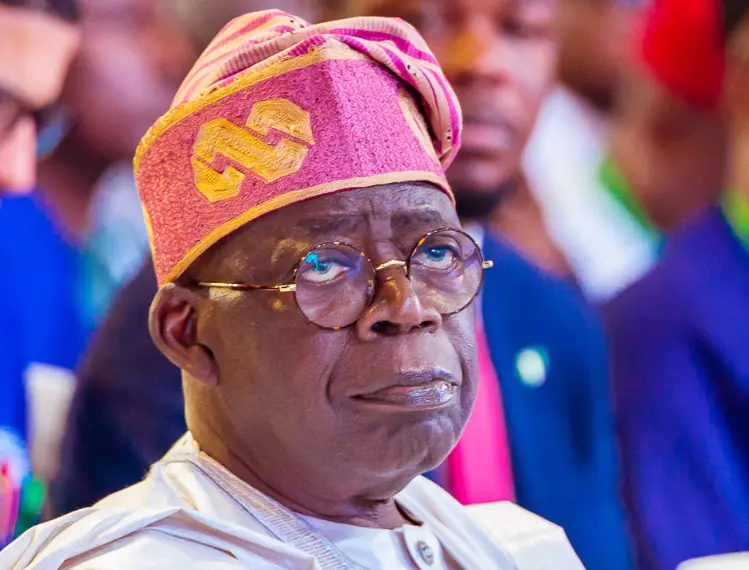
The National Institute for Legislative and Democratic Studies (NILDS), has promised to intensify efforts to ensure that the National Assembly grants autonomy to Local Government Councils in the country.
While speaking at the end of a two-day capacity building on “Local Government Effectiveness for Kaduna State Local Government Officials” on Wednesday in Abuja, the DG, NILDS, Abubakar Sulaiman, hinted at the intention of the institute to ally with others to ensure that local councils are independent of the other two tiers of government.
Autonomy for local government, which is the third tier of government in the country, has been a topical issue for national discourse over the years.
Despite several interventions to ensure that the local councils, which by their creation, are the closest to the people at the grassroots are autonomous, the efforts have been largely futile.
Mr Sulaiman, a professor, said that NILDS would continue to be a strategic partner in the efforts to reposition local government councils to discharge their constitutional responsibilities in Nigeria.
“We believe in the local government administration as the closest level of government for effective participation of the teeming population of the country in its governance system.
“We shall therefore continue to be at the forefront of efforts to ensure that local government autonomy becomes a reality in Nigeria.
“The Executive could decide to embark on certain constraints, deny local government their revenue, but such denials will not last forever,” he said.
Mr Sulaiman urged the participants to gear up in anticipation of the local government autonomy in the near future.
“We are an institute. And through the institute to the national assembly, we shall support every local government in ensuring that true autonomy is granted to local government.
“It is a struggle we must all fight for and a struggle we must all win,” he said.
The director-general said the objective of the programme was to improve the professional competence of local government officers to discharge their duties in line with international best practices.
“To us at the Institute, this capacity-building training is important.
This is because it is tailored to meet specific needs of the local government administration particularly those skills and knowledge that will enable them to support the work of an autonomous local government in Kaduna State,” he said.
Also speaking, Shuaibu Jaja, the chairperson, Association of Local Governments of Nigeria (ALGON), Kaduna State chapter, said that Nigeria’s democracy was getting stronger despite the challenges facing the nation.
But with the calibre of people that are gathered here, I’m confident most of these problems will sooner be addressed.
“I feel motivated that Kaduna State will collaborate with the centre and the consultant.
This is to bring more people of Kaduna state to acquire professional skills to improve the capacity of our citizens to prepare adequately for the challenge of this century,” he said.




